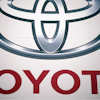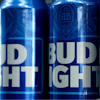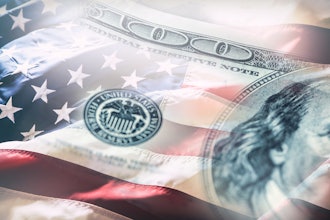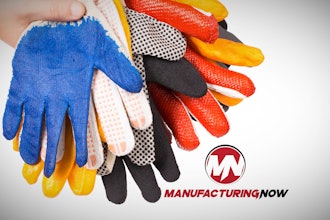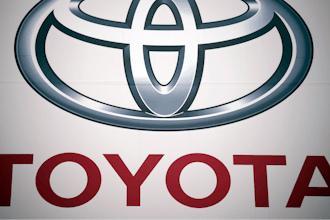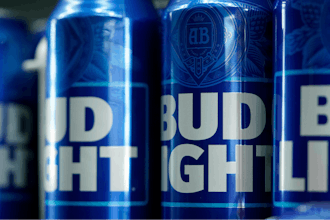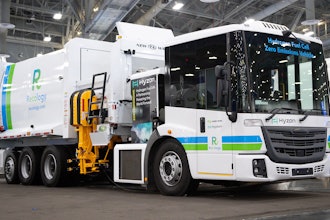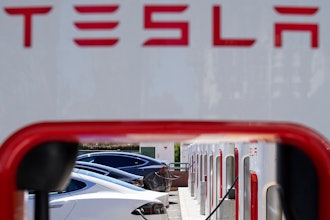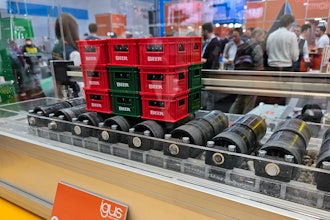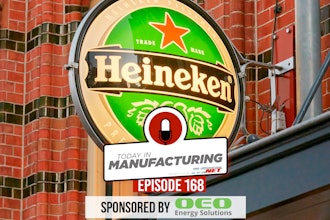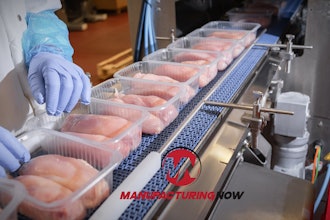ALLENTOWN, Pa. (AP) — State lawmakers have been talking a lot in recent months about getting the state out of the wine and liquor business.
Supporters are promising shoppers better deals on Chianti and a wider selection of vodka if the private sector gets involved.
That's left some consumers — the ones who prefer their alcoholic beverages with a foamy head and the flavor of hops — asking the obvious question: "What about beer?"
"They could let grocery stores sell beer," said Gary Sasso, of Bethlehem, who was picking up cases of Stella Artois, Sam Adams and Newcastle Brown Ale at Tanczos Beverage in the city for a weekend gathering.
Sasso, who lived in St. Louis, said it would also be nice if beer distributors like Tanczos could sell brews by the six pack. "I think we need more choices," he said.
State law keeps beer off the shelves of the state-owned Wine and Spirits stores some lawmakers are hoping to privatize. It can only be sold by the case at distributors, or in quantities of two six packs or less by eateries that hold liquor licenses, a group that includes a growing number of supermarkets such as the Allentown Wegmans.
Despite the fact that current privatization plans don't directly address suds, beer could end up playing a central role in the debate.
With the first vote on liquor privatization scheduled for Tuesday in the House Liquor Control Committee, groups such as food retailers and Pennsylvania breweries say that in order to get their support, final legislation needs to simplify beer sales too.
"If we are going to privatize, beer probably needs to be a part of it," said Marsha Lampman, executive director of the House Liquor Control Committee, which has been hearing from lawmakers and groups on all sides of the privatization issue. The tricky question is how to go about it, she said.
Nearly everyone agrees consumers would like one-stop shopping, but that's where the consensus ends.
"When people hear privatization, their first thought is beer and wine in grocery stores," Lampman said. "That is really what they want to see."
Supermarket and convenience store operators say that's easy: Allow retailers that get newly created private sector liquor licenses to sell six packs of beer alongside wine and liquor.
"I think it's extremely important that beer be included in this reform initiative," said David McCorkle, president and CEO of the Pennsylvania Food Merchants Association. "Customers are looking to be able to purchase beer and wine in particular, in a particular location."
Dozens of supermarkets and convenience stores, about 100 statewide, are already selling beer. But to do that, they've had to purchase restaurant or eatery liquor licenses. That requires them to serve prepared food and maintain space for at least 30 customers to sit and eat.
If privatization passes, they'd like the new wine and liquor retail licenses to include the right to sell beer so that won't be necessary.
That idea makes beer distributors, primarily family-run private operators, shudder. The distributors say allowing newly privatized wine and liquor retailers to sell beer too would create hundreds of new competitors who will have the advantage of selling smaller quantities of beer next to the buffalo wings and frozen pizza.
That's not in the proposed legislation right now. Under the current version of privatization, put forth by House Majority Leader Mike Turzai, an Allegheny County Republican, there are only two ways beer could end up on the same shelves as wine and liquor.
One, retail stores that currently have restaurant liquor licenses that allow them to sell beer could bid on and obtain wine and liquor licenses. Retailers that win wine and liquor retail licenses could also open food service operations and purchase a restaurant liquor license to sell beer.
Two, beer distributors could bid on the 1,200 wine and liquor retail licenses that would be put up for auction. If they win one, it would allow them to sell wine and liquor next their cases of beer. But they would still be prohibited from selling other products.
The distributors aren't fans of either option.
"I think this just creates more of an unlevel playing field," said Mark Tanczos, owner of Tanczos Beverage and president of the Malt Beverage Distributors Association of Pennsylvania. "This auction process pits beer distributors against corporate chains like a Walgreens or Wegmans, which have thousands of stores to spread their costs across."
They also sell thousands of products besides beer to lure customers into their stores, he added.
The beer distributors would like the state to change the law to allow them to sell beer by the six pack or smaller amounts, so they can compete with the growing list of retailers with prepared food operations that are using restaurant licenses to sell take-out beer. That's whether or not wine and liquor are privatized.
They're also supporting competing legislation that would make beer distributors the primary retailers for privatized wine and liquor sales.
That doesn't even consider the interests of bars and restaurants — which currently have the exclusive right to sell beer in quantities of less than a case. Those groups don't want beer distributors or retailers to cut into that business.
Restaurant license holders purchased their licenses under a set of assumptions about the retail beer sales landscape, said Pennsylvania Tavern Owners executive director Amy Christie. Changing that overnight would hurt their competitiveness.
"If there is a change in beer packaging, we want it to be equitable to all tiers," Christie said. "I think it is going to be a slow and deliberate process."
Recent legislation extending Sunday hours for distributors and making it easier for restaurants to serve alcohol at brunch, is a good example of incremental change.
All the disagreement illustrates why beer could end up being left out of wine and liquor privatization entirely, said Joseph Brennan, a Democrat who represents parts of Allentown and Bethlehem and sits on the liquor control committee.
"Unless you can figure out the perfect set-up, the perfect mode, it is complex," said Jay D. Wiederhold, who represents beer importers. "It is tough. And everyone has their own view."
Many of the customers who streamed through Tanczos Beverages Thursday afternoon buying cases of Miller, Coors and Keystone Light, said it would be fine with them if nothing changes on the beer front.
Bethlehem resident Irvin Brandon said there are times when he'd like to be able to buy a couple of six packs rather than a case, and he doesn't want to pay higher prices charged by bars. Still, he doesn't have a lot faith in state government to fix the system in an equitable way.
"With the government, it's questionable," Brandon said. "They're never looking out for the small people."


